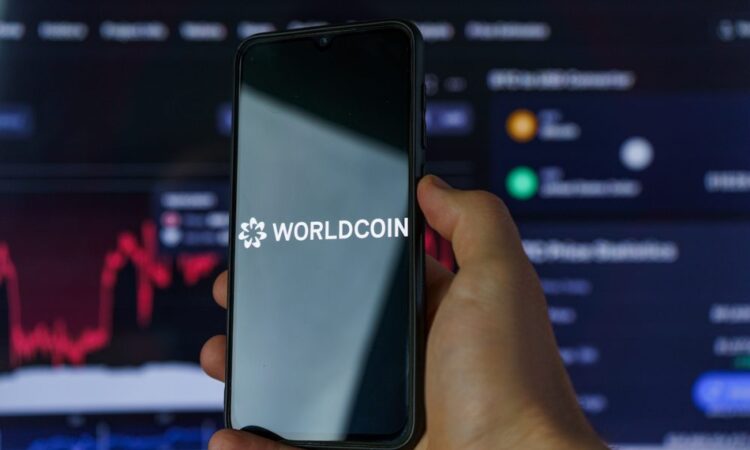
The United Kingdom’s data regulator is reportedly investigating OpenAI CEO Sam Altman’s Worldcoin.
“We note the launch of Worldcoin in the U.K. and will be making further inquiries,” a spokesperson for the Information Commissioner’s Office (ICO) told Reuters Tuesday (July 25).
PYMNTS has contacted the ICO for comment but has not yet received a reply.
Launched Monday (July 24) in 35 cities in 20 countries, Worldcoin’s goal is to use eyeball-scanning technology to launch a worldwide identification system that would give every person access to cryptocurrency.
Worldcoin wants to capture participants’ biometrics using its proprietary Orb to give them a “proof of personhood,” which the company said “will become more important as increasingly powerful [artificial intelligence (AI)] models become available.”
The project has already attracted skepticism from several critics as disparate as Edward Snowden and Twitter Co-founder Jack Dorsey.
The company has also raised $250 million in funding, more than the $100 million it had hoped to take in earlier this year.
“The Worldcoin rollout comes as the two fundamental technologies powering its mission — crypto and AI — are diverging in both public and commercial opinion, with AI making major strides while crypto backslides into uncertainty around its real-world utility,” PYMNTS wrote Monday.
Uncertainty around cryptocurrencies in the U.S. means that Worldcoin is not launching in America. The company is looking to move past the “crypto” moniker and rebrand itself as a digital identity firm.
“When we started thinking about this, we didn’t think it would end up as ‘world minus the U.S. coin’ and here we are,” Altman said. “I’d say there’s 95% of the world’s population not in the U.S. The U.S. does not make or break a project like this.”
But it’s not just the U.S. and the U.K. where Worldcoin’s operations are at risk. A report by MIT Technology Review found the company has been criticized for allegedly exploitative practices in countries including Indonesia, Ghana and Chile.






